
From Women to Red Rose White Rose, the actresses in Stanley Kwan’s early films had starring roles where they were more than just ‘vases’
- ‘Women’s director’ Stanley Kwan Kam-pang’s films in the 1980s often centred on female characters, exploring their personal relationships and sexuality
- Maggie Cheung put in an award-winning performance in Full Moon in New York, while adult-film star Veronica Yip played against type in Red Rose White Rose
Filmmaker Stanley Kwan Kam-pang was often referred to as a “women’s director” during the 1980s, a description he happily accepted. Movies such as 1985’s Women centred on female characters, exploring their personal relationships and sexuality.
Kwan, who is gay, has said that his own sexuality influenced his choice of subject matter, and he has also noted that the fact he was very close to his mother – his father died when Kwan was 13 – may have influenced the kind of films he made.
Women (1985)
Women was unusual for a Hong Kong film in 1985, as it was a mature look at the lives of middle-class women which did not shrink from discussing their sexual desires and personal problems.
Women stands in stark contrast to the commercial comedies of the mid-1980s, which at best regarded women as set decoration – or “vases”, as they were called – and at worst as subjects to be ridiculed or fondled.
“Writers Lai Kit and Chiu Kang-chien attempt to explore the world of the man-less female,” said the Post review in 1985. “It’s an admirable subject for a movie, and one which is dealt with well. A highly commended film from Stanley Kwan, which shows he has great potential.”
‘Problem kids’: Hong Kong actors Francis Ng and Anthony Wong in the 1990s
Bo-er (Miao) divorces her husband, Sun (Chow), because he is having an affair with the flirty Sha-niu (Cherie Chung Chor-hung), and starts visiting a group of women who call themselves the Happy Spinsters Club.
They are an emotionally diverse bunch who spend their meetings supporting each other and vetting their friends’ prospective boyfriends.
But Bo-er is ultimately seduced into returning to her husband, deciding that she would rather cope with an unhappy marriage than live without a man.
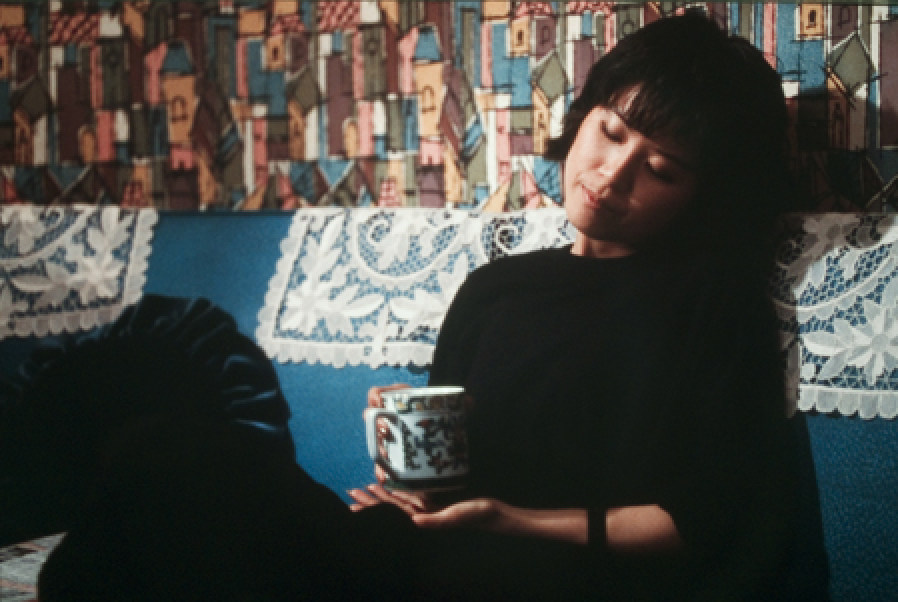
Kwan said in an interview that a film about women was unusual at the time, and it was the vibrant state of the Hong Kong film industry that allowed it to happen.
“I said no, and she said I should try it,” Kwan said. “She told me to take a deposit [on my fee] and give it a shot.” Women, a box-office success, was the result.
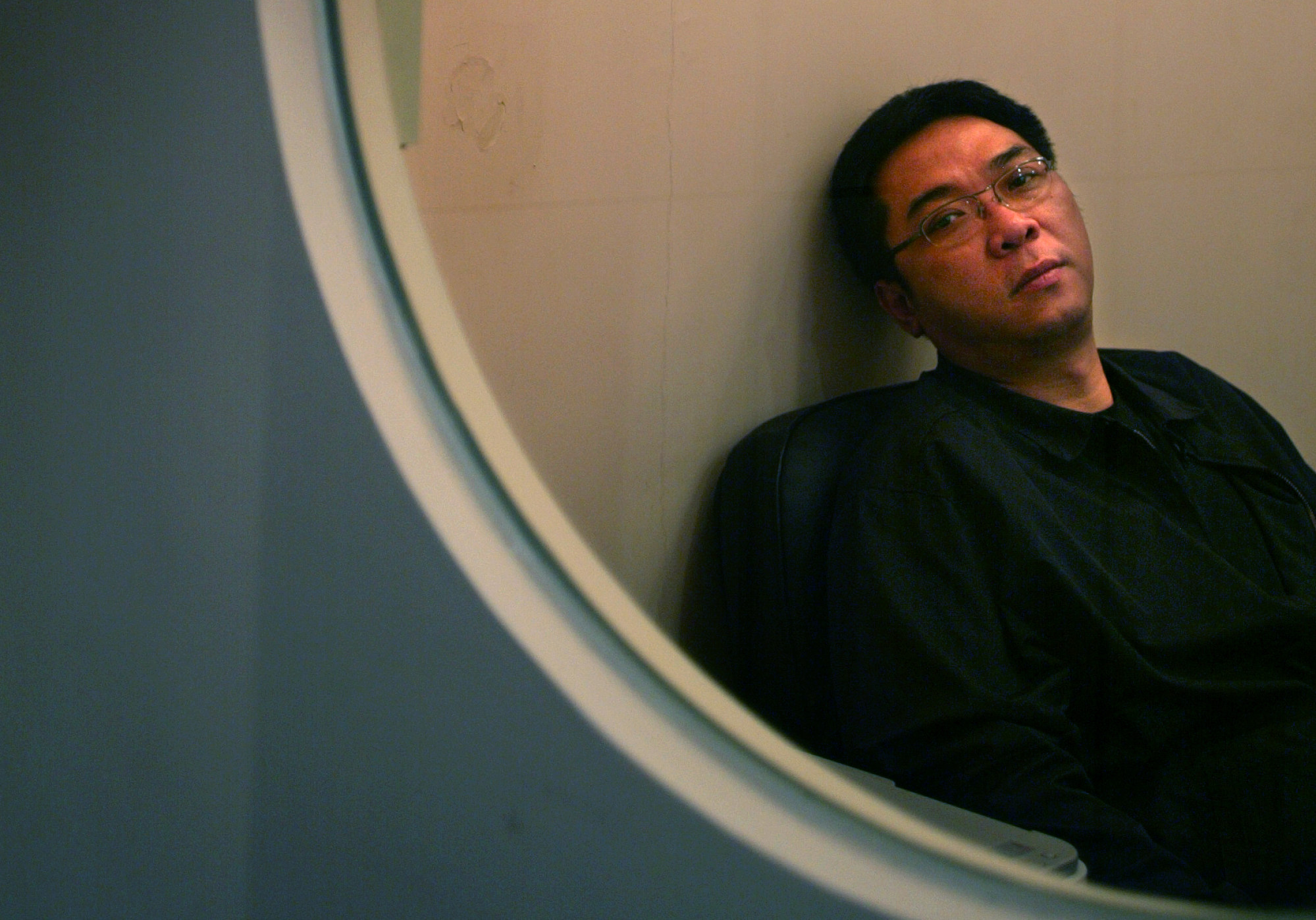
Although Kwan was new to directing, he had made many contacts working as an assistant director. “Chow, Cherie and Cora all said they would help me, as it was my first time as a director,” he recalled.
Love Unto Waste (1986)
It failed at the local box office, but critics praised its bravado. “It’s a fascinating character study that delves into the angst and ennui of the self-absorbed middle class of the 1980s,” wrote a Hong Kong International Film Festival critic.
The script is bold, as its characters are uniformly unlikeable. They attempt to love others but are only capable of loving themselves, inflicting misery as a result.
The story is set around three female friends aspiring to make good in Hong Kong: model Billie (Irene Wan Pik-ha), actress Yu-ping (Elaine Jin Yan-ling), and singer Chao (Tsai Chin).
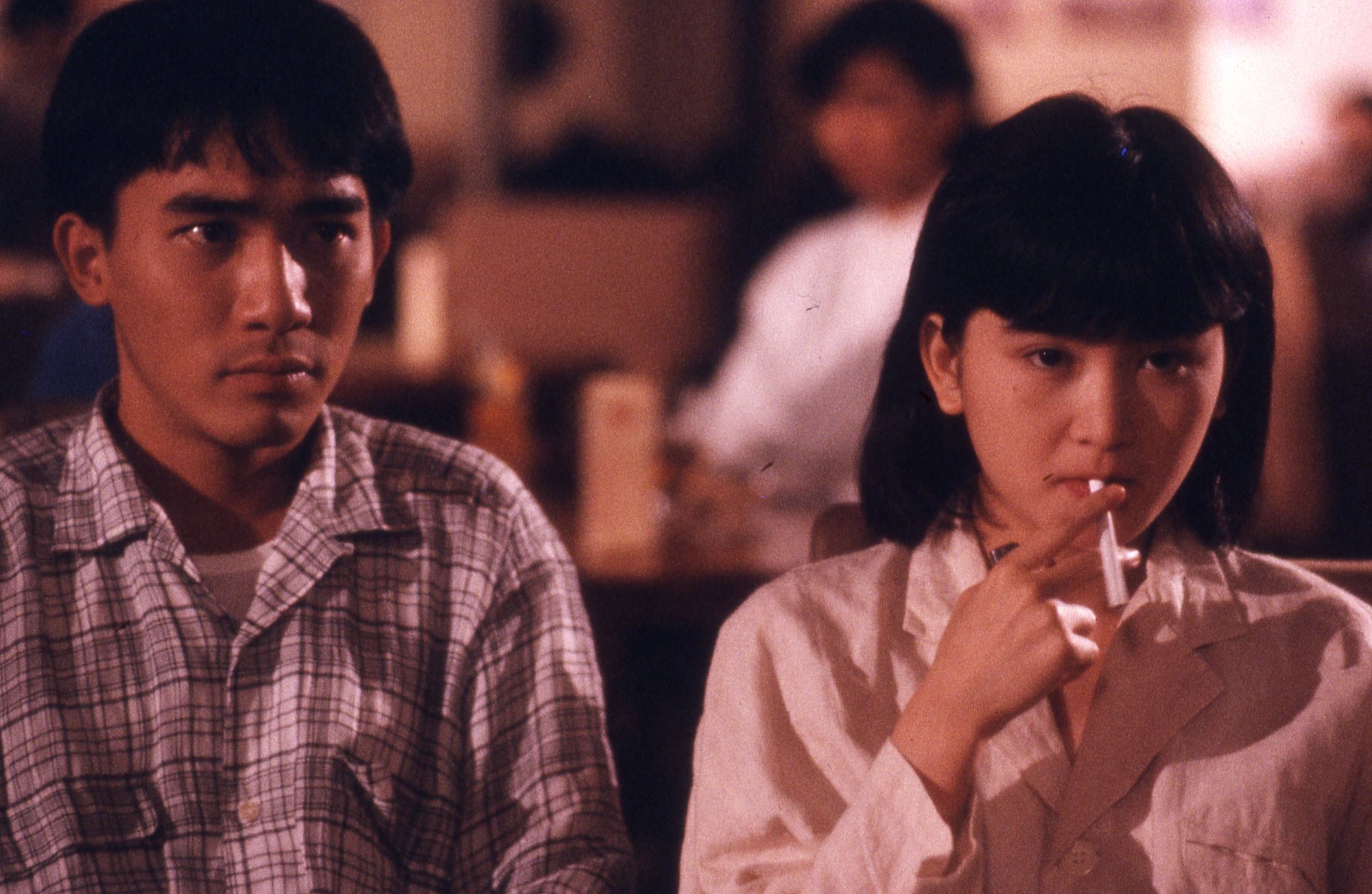
The selfish Tony (Tony Leung) begins an affair with Billie, and when Chao is murdered, world-weary detective Chow Yun-fat turns up to ruffle feathers. No one knows what they want from life, nobody considers how their actions will affect others, and all become mired in self-indulgent gloom.
The performances are suitably angst-ridden all round, although it was Leung, as a self-indulgent scion of a wealthy rice importer, who captured the imagination of local viewers.
“I was young but Stanley trusted me, and let me do things my way,” Leung said in an interview.
How biopic of silent-film star Ruan Lingyu was the making of Maggie Cheung
Love Unto Waste is a multilayered film which also references the Chinese diaspora. It features a lengthy section set in Taiwan, and there are frequent references to Canada, a popular destination for Hong Kong émigrés at that time.
“It was made after 1984, after the initial [Joint Declaration between the UK and China]. That was the first mass Hong Kong emigration wave. People were confused – should I stay or should I go?” Kwan said at a master class.
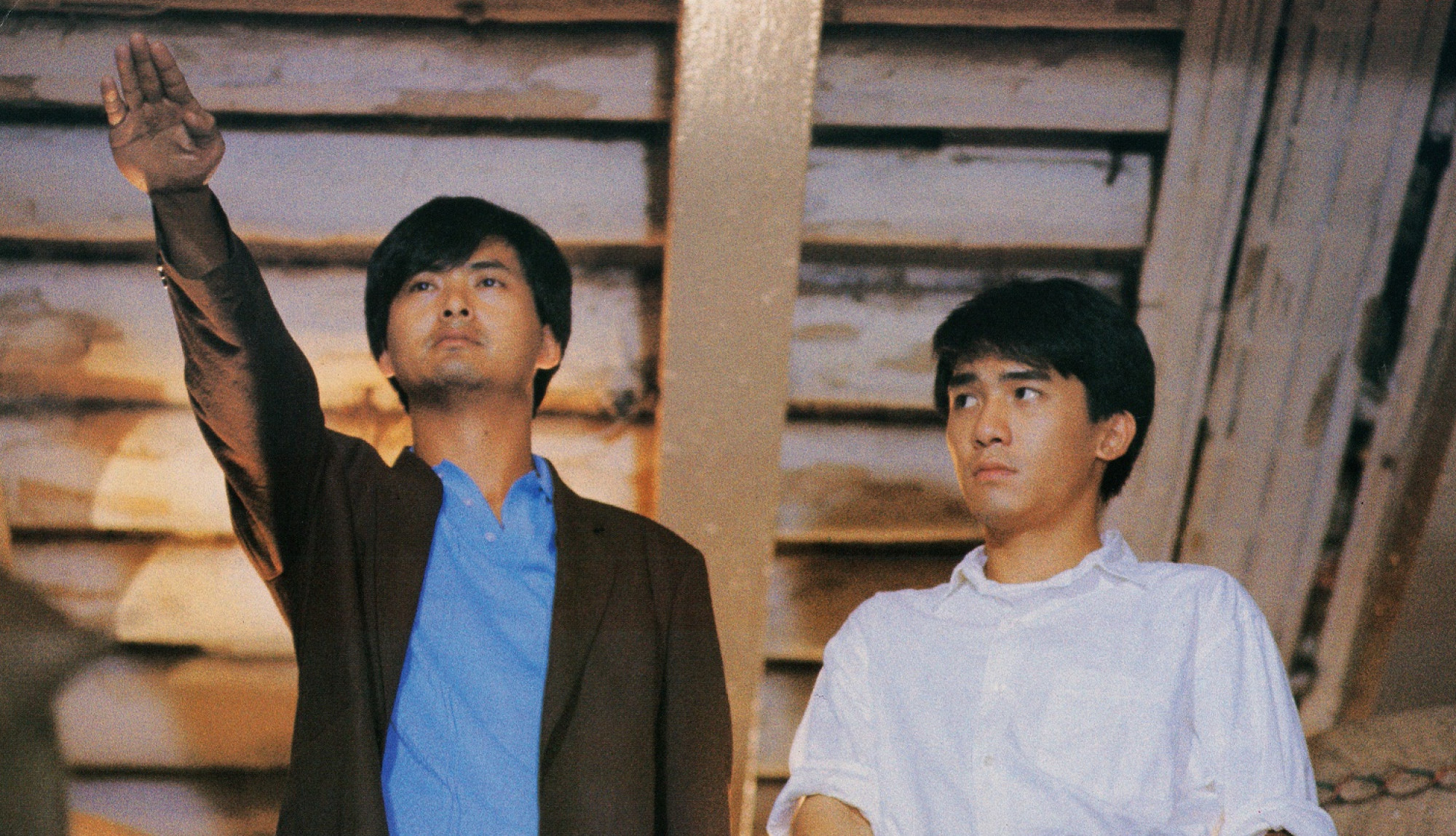
Although Love Unto Waste failed at the box office, “it is very personal to me”, Kwan has noted.
Full Moon in New York (1989)
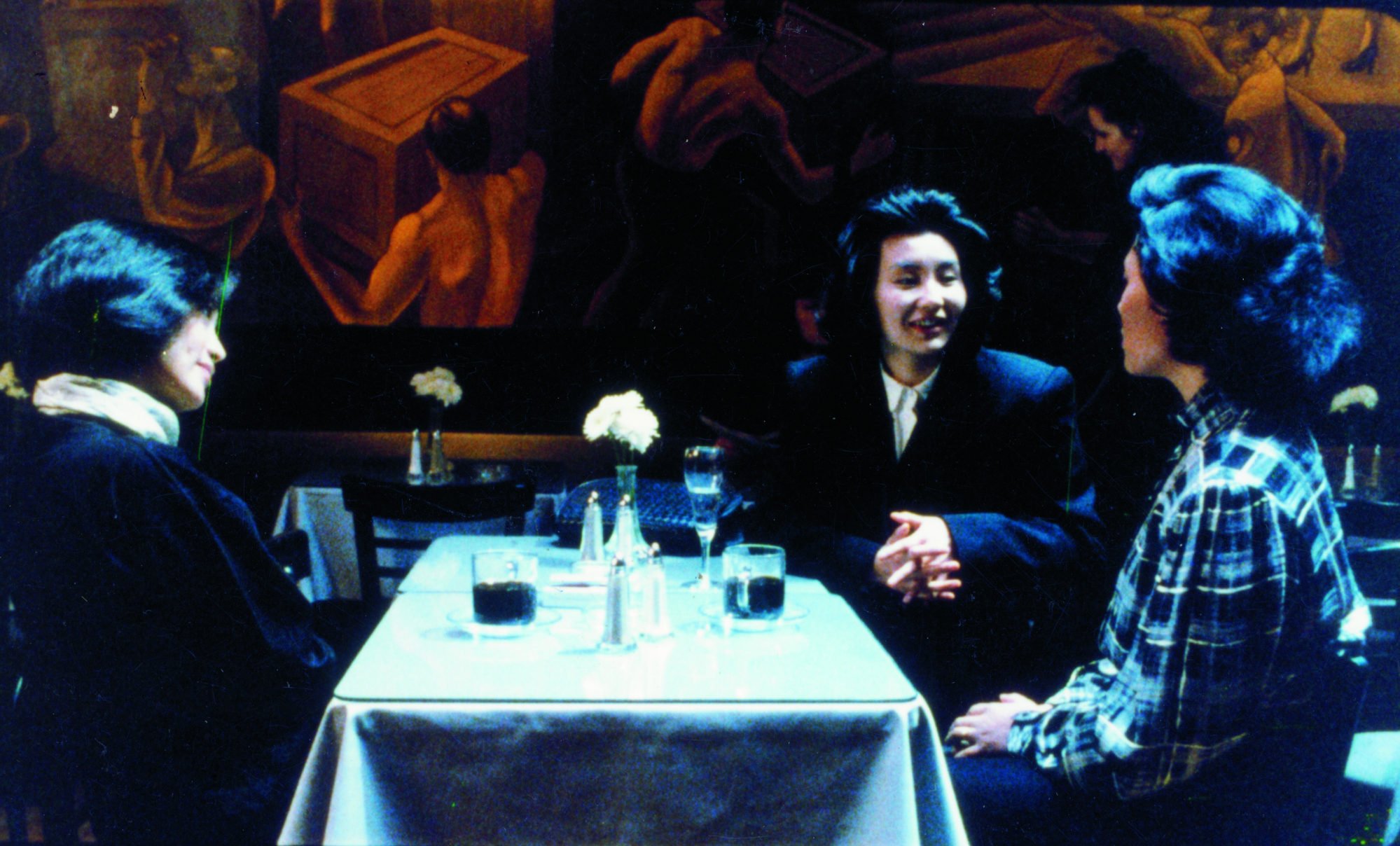
The film looked at the problems the trio had living in the US and tried to bring out the common characteristics of “Chinese-ness”.
Cheung was named best leading actress at the Golden Horse Awards for her performance. “I think I’ve reached a new stage in my acting career,” she told the Post. “So I need to be more serious.”
Red Rose White Rose (1994)
Red Rose White Rose is an exquisite period piece, set in 1930s Shanghai, which takes the self-obsession Tony Leung expresses in Love Unto Waste and further explores it in an adaptation of a story written by Eileen Chang.

A few years later, Chen Pao has married the repressed White Rose, brilliantly portrayed by former star of adult films Veronica Yip Yuk-wing, who was cleverly cast way against type.
Is the ‘brotherly love’ in Hong Kong martial arts films homoerotic?
White Rose works hard to be a model wife, but Chen Pao is unhappy, and tries to cheat on her with his old love. She has moved on, and he is devastated and bursts into tears.
“The story not only deals with the individual, it touches on the family and society,” Kwan told City Entertainment magazine in 1994.
“Chen Pao’s life would have been totally blank without these two women, and in the end, he is the one who has learned the least from his experiences,” he said.
In this regular feature series on the best of Hong Kong cinema, we examine the legacy of classic films, re-evaluate the careers of its greatest stars, and revisit some of the lesser-known aspects of the beloved industry.
